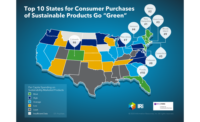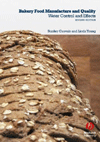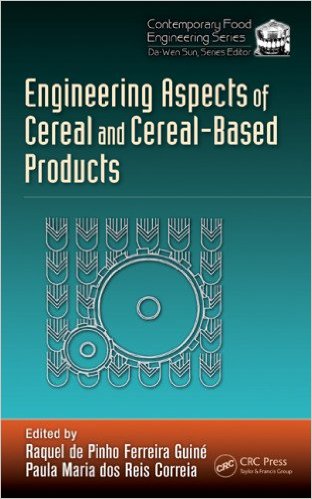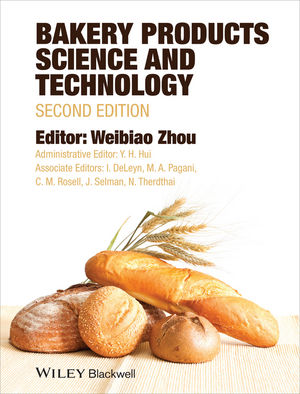Eating too much salt and too little potassium can increase the risk of death, according to the Center for Disease Control. However, its findings run counter to a fiercely debated study released in July that indicates there's no evidence proving that cutting salt intake lowers the risk of heart disease and premature death.
The U.S. Center for Disease Control and Prevention’s (CDC) released information that dramatically differs with a widely debated study issued in July that indicates that there’s no evidence proving that making small cuts in salt intake lowers the risk of heart disease and premature death.
"Salt is still bad for you," reports Thomas Farley, the health commissioner of New York City, which is leading a campaign to reduce salt in restaurant and packaged foods by 25% over five years.
Health experts agree with Farley’s assessment that consuming too much salt is not wise, and that cutting salt intake can reduce high blood pressure, which raises the risk of heart attack and stroke. Salt intake has been rising since the 1970s, with Americans consuming about twice the recommended daily limit. The CDC’s research, which was published in the Archives of Internal Medicine, was specifically directed at growing data showing a diet high in salt and low in potassium is especially risky.
Researchers evaluated the long-term effects of sodium and potassium intake as part of a 15-year study of more than 12,000 people. By the end of the study period, 2,270 of the participants died; 825 of these deaths were from heart disease and 433 were from blood clots and strokes.
Potassium seems to be critical: “People who ate a diet high in sodium and low in potassium had a 50% increased risk of death from any cause, and about twice the risk of death, or a 200% increase, from a heart attack," reports Elena Kuklina of the CDC, who helped lead the study. She says consumers can boost their levels of potassium by adding more servings of fresh fruits and vegetables, such as spinach, grapes, carrots, sweet potatoes, low-fat milk and yogurt.
Source: Reuters, www.mnn.com
Get our new eMagazine delivered to your inbox every month.
Stay in the know on the latest snack and bakery industry trends.
SUBSCRIBE TODAY!Copyright ©2024. All Rights Reserved BNP Media.
Design, CMS, Hosting & Web Development :: ePublishing






